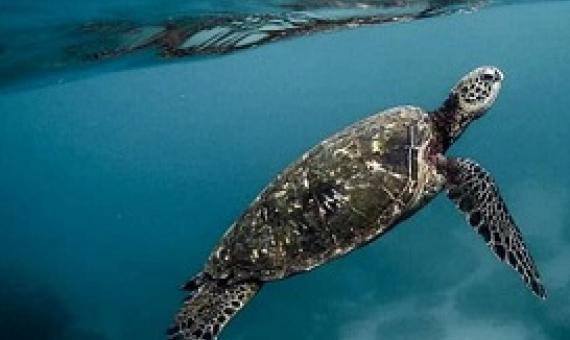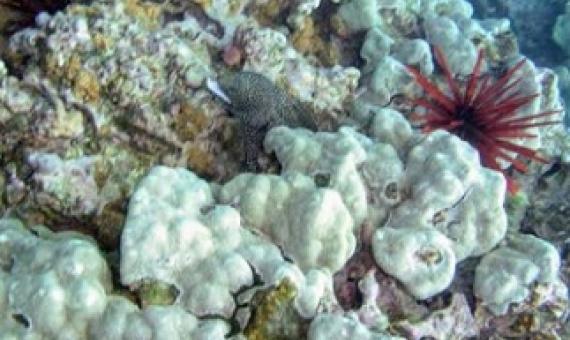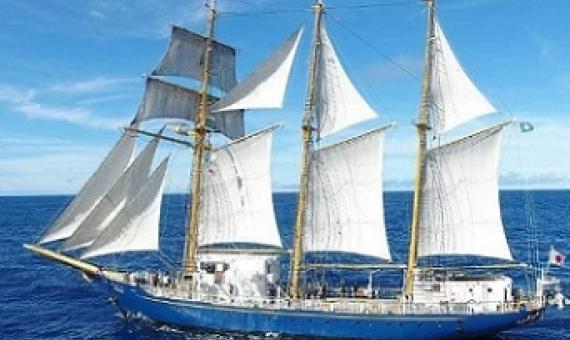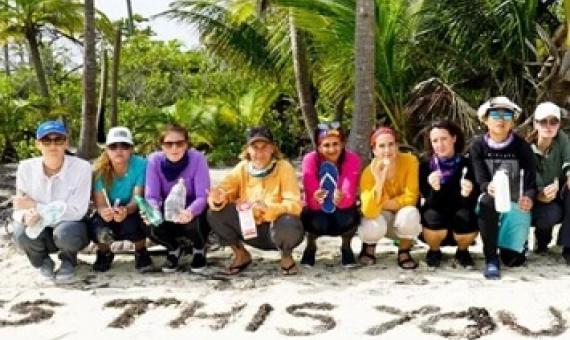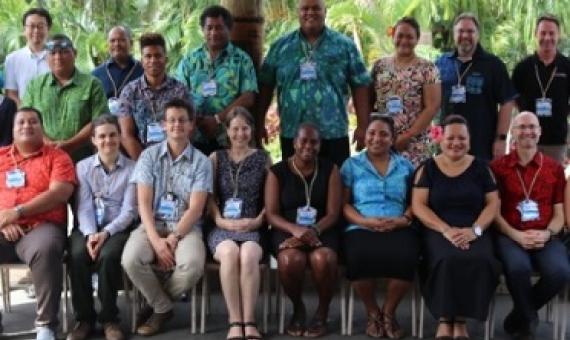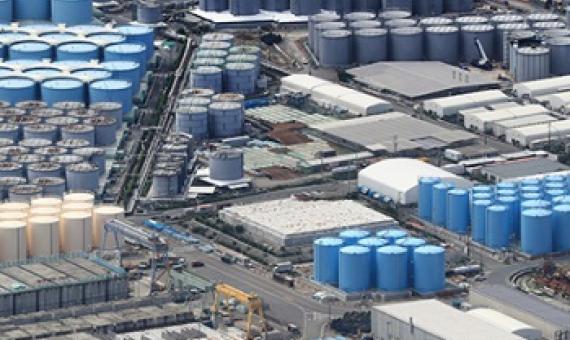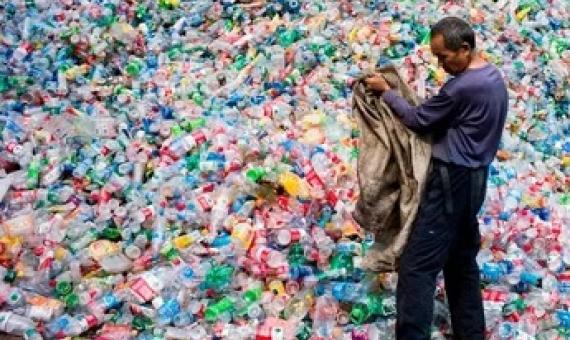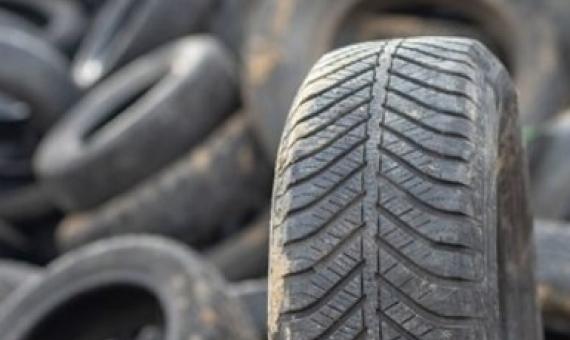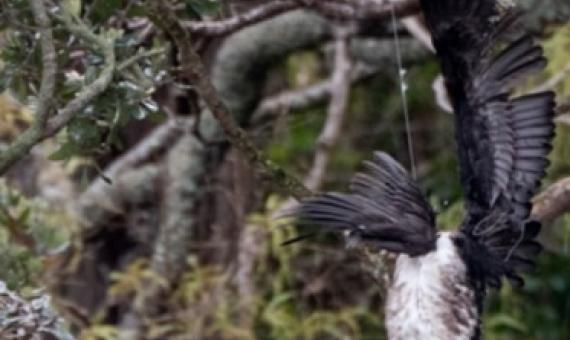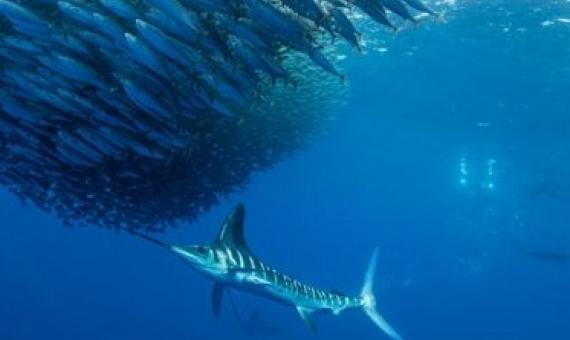Asia-Pacific region is one of the world’s most ethnically and culturally diverse regions. It is also one of its most biodiverse. Yet local marine ecosystems are nearing a tipping point as a result of various environmental stresses caused by unsustainable human practices.
A new study by researchers at the University of Hawai'i at Mānoa School of Ocean and Earth Science and Technology (SOEST) found that human-induced environmental stressors have a large effect on the genetic composition of coral reef populations in Hawai'i.
This voyage was part of the Sailing Towards a Plastic-Free Ocean project, a collaboration between the Japan Agency for Marine-Earth Science and Technology (JAMSTEC) and the United Nations Environment Programme World Conservation Monitoring Centre (UNEP-WCMC
The "eXXpedition" ocean plastic research mission has set sail March 9th in the remote South Pacific Ocean from Easter Island towards Tahiti, on the eighth leg of a pioneering all-female sailing voyage around the world for scientific research into ocean plastic. The aim of eXXpedition Ro
A cleaner Pacific Ocean free from single-use plastics.
A government panel wound up three years of discussions Jan. 31 by effectively suggesting that releasing more than 1 million tons of water contaminated with radioactive substances at the Fukushima No. 1 nuclear power plant represented the most feasible option.
China is stepping up restrictions on the production, sale and use of single-use plastic products, according to the state planner, as it seeks to tackle one of the country’s biggest environmental problems.
Two artificial reefs made from about 3000 tyres will be removed from Guam's Cocos Lagoon. The Pacific Daily News reports the tyre reefs were created 50 years ago in the hope of increasing fish stocks.
A more targeted approach to cleaning up plastic in the ocean could help to reduce seabird deaths, a researcher says. The idea from a New Zealand researcher comes amid predictions there will be more plastic than fish in the ocean within the next 30 years.
Climate change and nutrient pollution are driving the oxygen from our oceans, and threatening many species of fish.That's the conclusion of the biggest study of its kind, undertaken by conservation group IUCN.

